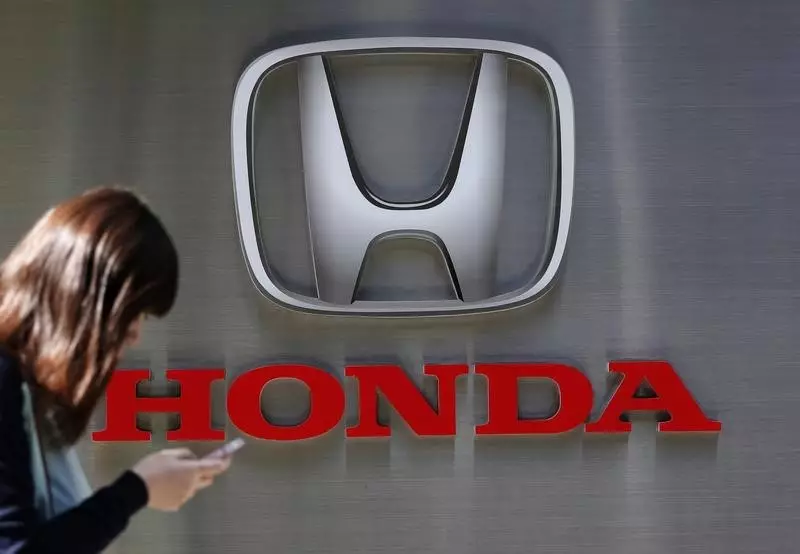Recent developments in the automotive industry have set the stage for a significant merger between Honda Motor Co Ltd and Nissan Motor Co., Ltd. Reports indicate that both companies are planning to finalize the terms of their collaboration by June 2025, marking a pivotal moment for these two Japanese automotive giants. The announcement comes amid a backdrop of increased competition and evolving market dynamics, particularly with regards to electric vehicles (EVs).
The relationship between Honda and Nissan, historically rivals in the automotive space, has taken an unexpected turn as they work together to navigate the challenges posed by shrinking sales in crucial markets. The two companies have already established a preliminary merger agreement and are expected to provide more details in an upcoming press conference. Additionally, Mitsubishi Motors Corp, a subsidiary of Nissan, is also considering joining this initiative, which could further strengthen the collective bargaining power of these manufacturers.
The Rationale Behind the Merger
The rationale for such a merger can be attributed to the pressing challenges both Honda and Nissan face in the global automotive arena. With sales declining in key markets, especially in China—a country that has seen a surge in demand for electric vehicles—the urgency for a united front becomes clear. The EV market is becoming increasingly competitive, with major players like Tesla and numerous Chinese manufacturers battling for dominance.
Additionally, the ongoing global transition towards electrification has intensified the need for automakers to pool resources, innovate rapidly, and compete effectively. By creating a holding company as the foundation for their merger, Honda and Nissan aim to leverage shared technological advancements and streamline operational efficiencies. This could help them better address the needs of an evolving consumer base that is progressively gravitating toward electric and sustainable automobiles.
Market Implications and Industry Reactions
Should the merger materialize successfully, it has the potential to reshape the automotive landscape significantly. The combination of Honda and Nissan could position the new entity as the third-largest automobile manufacturer in the world by sales, a testament to the power of consolidation in an industry marked by competition and technological disruption. Analysts and industry experts are closely monitoring this development, with many speculating on the potential effects on stock performance and market strategies across the sector.
Furthermore, this merger could prompt reactions from other major players in the automobile industry, pushing them to consider similar collaborative strategies to cope with market pressures. The announcement of a potential merger itself has already had a tangible impact, resulting in a sharp rally in Nissan’s share prices, reflecting investor optimism about the strategic shift.
The potential merger of Honda and Nissan is more than just a basic corporate agreement; it signifies a necessary evolution in response to a changing automotive landscape. As both companies navigate the complexities of global competition and consumer demand, this strategic collaboration could very well shape the future trajectory of the automotive industry. Only time will reveal the full effects of this ambitious undertaking.

